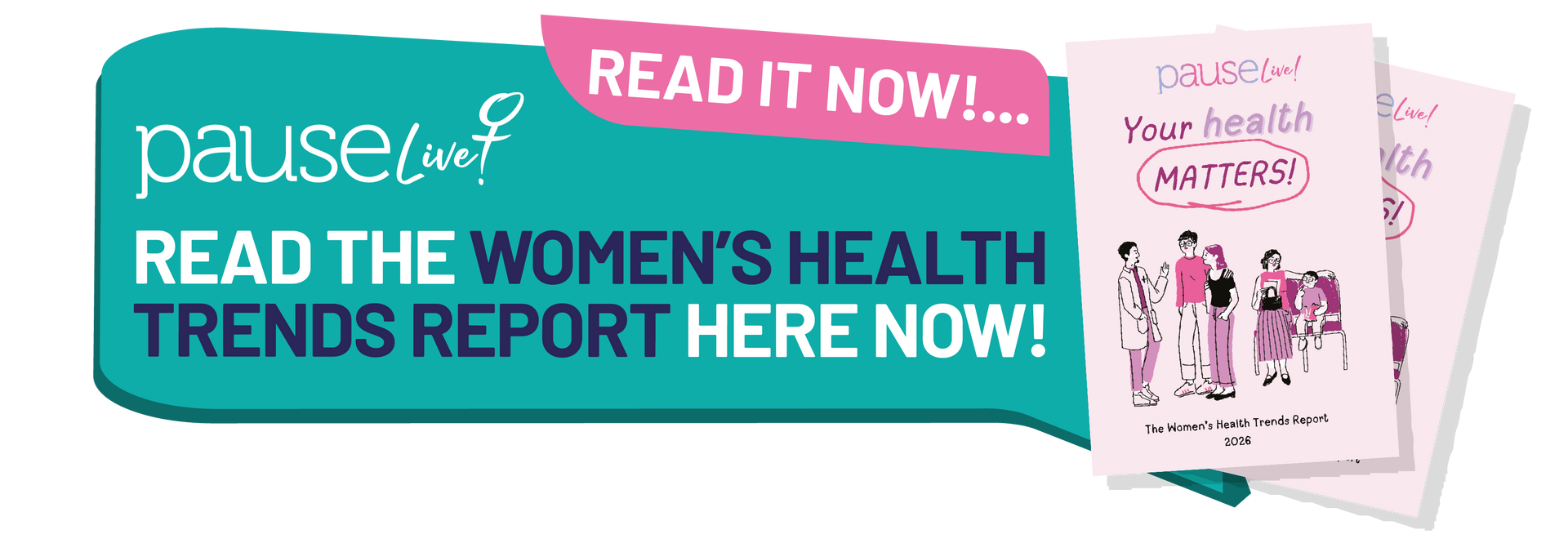MANAGING MENOPAUSE SYMPTOMS
Pain During Sex During Menopause
Several factors contribute to this condition:
- Vaginal Dryness: Decreased oestrogen levels can lead to reduced natural lubrication, causing friction and discomfort during intercourse.
- Vaginal Atrophy (Genitourinary Syndrome of Menopause): Thinning and inflammation of the vaginal walls can make sexual activity painful .
- Decreased Blood Flow: Reduced circulation to the vaginal area can affect tissue health and sensitivity.
- Psychological Factors: Anxiety, stress, or previous painful experiences can exacerbate discomfort.
- Pelvic Floor Dysfunction: Weak or tight pelvic floor muscles can contribute to pain during sex .
Treatment Options
1. Lubricants and Moisturizers
- Water-Based Lubricants: These can reduce friction during intercourse. It's advisable to choose products that are fragrance-free to minimize irritation.
- Vaginal Moisturizers: Regular use can help maintain vaginal hydration and elasticity over time
2. Hormonal Treatments
- Low-Dose Vaginal Oestrogen: Available in creams, tablets, or rings, these treatments can restore vaginal tissue health and improve lubrication
Ospemifene (Osphena): An oral medication that acts on vaginal tissues to reduce pain during intercourse, suitable for those who cannot use local oestrogen therapy 3. Pelvic Floor Physiotherapy
- Strengthening Exercises: Kegel exercises can improve muscle tone and blood flow to the vaginal area.
- Relaxation Techniques: Therapies may include stretching exercises, breathing techniques, and biofeedback to alleviate muscle tension
4. Lifestyle Adjustments
- Regular Sexual Activity: Engaging in sexual activity or vaginal stimulation can help maintain tissue health.
- Stress Management: Practices like mindfulness, meditation, or yoga can reduce anxiety and improve overall well-being.
- Open Communication: Discussing concerns with your partner can alleviate emotional distress and improve intimacy.
When to Seek Medical Advice
If pain during or after sex persists or significantly affects your quality of life, it's important to consult a healthcare provider. They can assess your symptoms, provide appropriate treatments, and offer support tailored to your needs.


